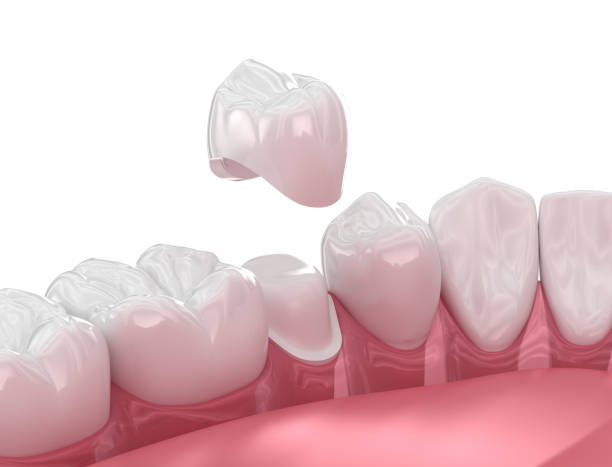Getting a dental crown can worry many people. This is especially true when it comes to understanding the costs of NHS treatment. In this article, we’ll explore the cost of a crown on the NHS. It has all the info you need to make informed decisions about your dental care.
What Is a Dental Crown?
First off, let’s clarify what a dental crown is. A dental crown is a cap placed over a tooth. It is to restore its shape and size, to strengthen it, or to improve its appearance. It’s used after a big cavity has threatened a tooth’s health. It’s also used after a root canal. Crowns can be made from various materials, including ceramic, porcelain, resin, or metal.
NHS Dental Charges Explained
The NHS offers dental treatment to help keep your mouth, teeth, and gums healthy and pain-free. When it comes to charges, the NHS has three pricing bands. As of the latest update, here’s how it works:
- Band 1 covers your exam and diagnosis (including X-rays). It also covers advice on preventing future problems and a scale and polish if you need it. It also covers preventative care, like applying fluoride varnish or fissure sealant. The cost for Band 1 treatment is £26.80.
- Band 2: This includes everything in Band 1, plus additional treatments like fillings, root canal treatment, and removing teeth (extractions). Dental crowns also fall under this band. The cost for Band 2 treatment is £73.50.
- Band 3: This incorporates all the treatments found in Bands 1 and 2, plus more complex procedures such as crowns, dentures, and bridges. The cost for Band 3 treatment is £319.10.
Cost of a Crown on the NHS
Since getting a crown involves preparing the tooth, taking moulds, and manufacturing the crown, it falls under Band 3 treatment. Therefore, the cost for a dental crown on the NHS is currently £319.10. This fee includes the entire treatment required to fit the crown, as well as the cost of the crown itself.
Why Choose NHS Dental Crowns?
Choosing to get your crown through the NHS can be a cost-effective option. Private dental care might offer more choices and quicker appointments. But, NHS treatments are far more affordable for the same high-quality care.
What to Expect During the Procedure
Getting a crown usually requires at least two visits to the dentist. During the first visit, your dentist will prepare the tooth. This may involve removing part of the tooth to make space for the crown. Then, an impression of your tooth will be taken to create a model for the crown. You might get a temporary crown to protect the tooth while your permanent crown is being made.
The second visit involves removing the temporary crown and fitting the permanent one. Adjustments will be made to ensure a proper fit, after which the crown is cemented into place.
Aftercare for Your Crown
Taking care of your crown involves the same care as your natural teeth. Regular brushing twice a day, flossing, and attending dental check-ups are essential. Crowns can last for many years with proper care.
Conclusion
You can manage your dental health without stress. Just understand the costs of NHS dental treatments like crowns. The current NHS pricing lets you receive treatment for a dental crown under Band 3. This is much cheaper than private options. Remember to ask your NHS dentist about any specific concerns or questions. Ask about getting a crown and how to care for it after the procedure.






